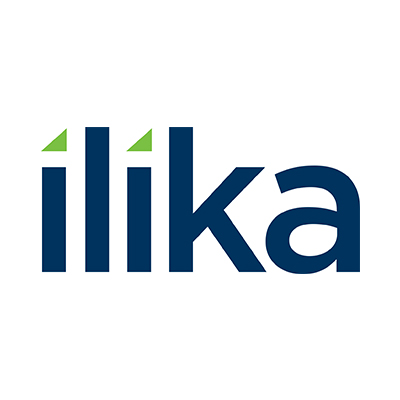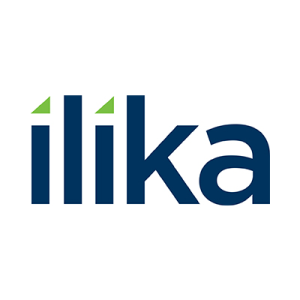Ilika will participate in the 2025 International Battery Seminar, held from 17th to 20th March in Orlando, USA. This annual event, founded in 1983, has become a key occasion for unveiling cutting-edge developments in global energy storage technologies. It caters to a diverse range of applications across consumer, automotive, military, grid, and industrial sectors.
As the longest-running annual event in the battery industry, the International Battery Seminar has traditionally been a launchpad for major announcements and innovations in battery technology. A pivotal example is Sony’s 1991 announcement of lithium-ion technology, which was first introduced at this very seminar and has since played a significant role in shaping modern technology.
The 2024 event saw more than 2,000 industry leaders and experts, including battery technologists, original equipment manufacturers, cell manufacturers, and component developers, in attendance. Representing all segments of the advanced battery supply chain, these attendees are part of a dynamic network that continues to drive progress and innovations in energy storage. The 2025 seminar is expected to gather a similarly high-profile audience and provide ample opportunities for collaboration and the exchange of ideas.
Ilika’s attendance at the International Battery Seminar underlines its commitment to advancing battery technology and engaging with industry leaders in the field. The event promises to be an essential platform for innovation and strategic discussions in battery technology.
Ilika plc (LON:IKA) is a pioneer in solid state battery technology enabling solutions for applications in Industrial IoT, MedTech, Electric Vehicles and Consumer Electronics.


